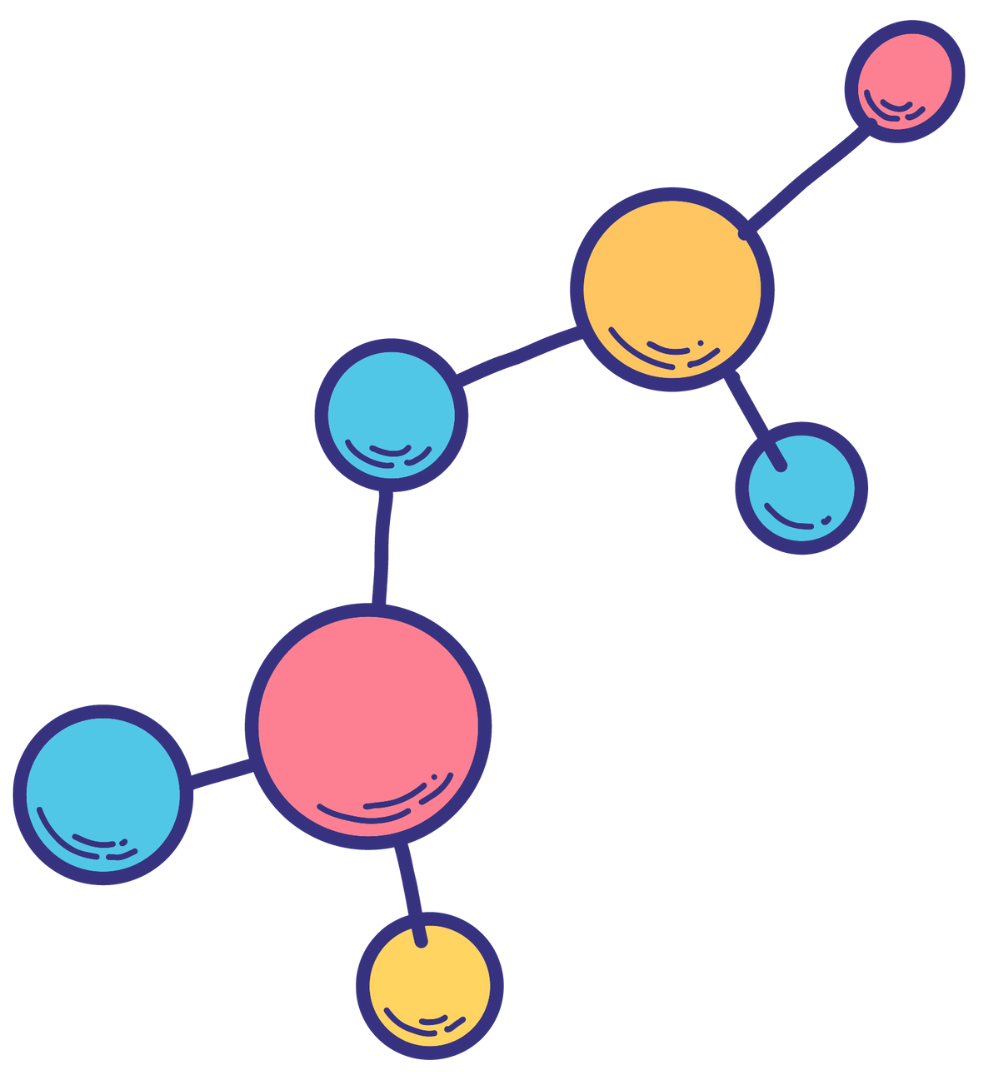A few examples of how cultural practices influence health

Ever notice how your grandma’s home remedies might be totally different from your friend’s grandma’s remedies? 🌿
That’s because culture shapes our health beliefs and practices in ways we don’t even realize. It’s like wearing invisible glasses that color how we see everything health-related – from what causes illness to how we should treat it.
Let’s dive into one fascinating example of how culture influences health: family decision-making in healthcare.
The Power of Family in Healthcare Decisions

In many cultures around the world, health decisions aren’t individual choices – they’re family affairs. 👨👩👧👦
Take Asian and Pacific Islander communities, for example. In these cultures, the extended family often plays a central role in healthcare decisions that would be considered strictly personal in Western medicine.
As noted by Fusion Healthcare Staffing, “Asians and Pacific Islanders rely heavily on their extended family. Oftentimes, the honor and interests of the family are more important than the interests of the individual.”
What does this look like in practice?
- Consultation with elders before making treatment decisions
- Family meetings to discuss diagnoses and treatment options
- Group consensus being valued over individual preference
- Family members speaking for the patient in medical settings
This collective approach to healthcare can create situations that Western healthcare providers might find challenging. For instance, a doctor might explain treatment options directly to a patient, expecting them to make an immediate decision. But the patient may be uncomfortable deciding without consulting family members first.
How Family-Centered Decision Making Affects Health Outcomes
This cultural practice has profound effects on health outcomes – some positive, some challenging:
The Positives
- Enhanced support systems – Patients have built-in caregivers and emotional support
- Shared responsibility – The burden of complex medical decisions doesn’t fall on one person
- Improved adherence – Family involvement can lead to better medication compliance and follow-through with treatment plans
- Cultural continuity – Respects deeply held values about family hierarchy and interdependence
The Challenges
- Delayed treatment – Waiting for family consensus might postpone urgent care
- Communication barriers – Healthcare providers may struggle with knowing who to address
- Privacy concerns – Western medical privacy laws (like HIPAA) can clash with family-centered approaches
- Potential for conflict – Family members might disagree about the best course of action
The Clash with Western Medical Systems

Western healthcare systems are built around the concept of individual autonomy – the idea that each person should make their own medical decisions. This can create friction when treating patients from cultures with more collective decision-making processes.
As Dr. Arthur Kleinman, professor of medical anthropology and psychiatry at Harvard Medical School, explains in Rendia’s article on cultural influences: “Culture works at all levels. It affects health disparities, communication and interactions in the doctor-patient relationship, the illness experience, and health care outcomes.”
This clash isn’t just about preference – it can have serious consequences. Consider this real example from the National Center for Biotechnology Information:
An elderly Navajo man with a leg infection was unable to understand his doctor’s explanation of his condition because his granddaughter couldn’t translate the scientific concept of “infection” into Navajo. Frustrated but not wanting to appear uncooperative, he agreed that he understood the treatment plan. Instead of taking the prescribed medication, he visited a traditional medicine man. Unfortunately, his leg eventually had to be amputated – which the doctor attributed to “noncompliance.”
This tragic outcome wasn’t about stubbornness or ignorance – it was about a cultural and linguistic gap that neither side knew how to bridge.
Bridging the Cultural Gap
So how do we make healthcare work better for everyone, regardless of their cultural background? 🌉
For healthcare providers:
- Ask about decision-making preferences – Don’t assume every patient wants to make decisions alone
- Include family when appropriate – Make space for family members in consultations when the patient desires
- Allow time for consultation – When possible, give patients time to discuss with family before making major decisions
- Use trained medical interpreters – Family members may not have the vocabulary to translate complex medical concepts
For patients and families:
- Communicate your preferences – Let providers know about your family’s role in decision-making
- Ask questions – Don’t hesitate to seek clarification when something isn’t clear
- Share important cultural beliefs – Providers can’t respect what they don’t know about
The Bigger Picture

Family-centered decision making is just one example of how culture shapes health practices. There are countless others, from dietary restrictions based on religious beliefs to different perspectives on pain management and end-of-life care.
The key insight here isn’t that one approach is better than another – it’s that understanding cultural differences is essential for effective healthcare.
As our society becomes increasingly diverse, the ability to navigate these cultural differences becomes more important than ever. It’s not just about being politically correct or culturally sensitive – it’s about providing healthcare that actually works for the people receiving it.
What This Means For You
Whether you’re a healthcare provider or a patient, awareness of cultural influences on health can make a huge difference:
- Recognize your own cultural lens – We all have cultural biases that affect how we think about health
- Practice curiosity, not judgment – Different doesn’t mean wrong
- Communicate explicitly – Don’t assume others share your understanding of how things should work
- Be patient with the process – Bridging cultural gaps takes time and effort
For more insights on how cultural factors affect mental health specifically, check out our article on cultural barriers to seeking mental health treatment.
Remember, culture isn’t just about ethnicity or nationality – it’s about the shared ideas, meanings, and values that shape how we understand the world. And when it comes to something as important as our health, those cultural influences can literally be life-changing. 💪
